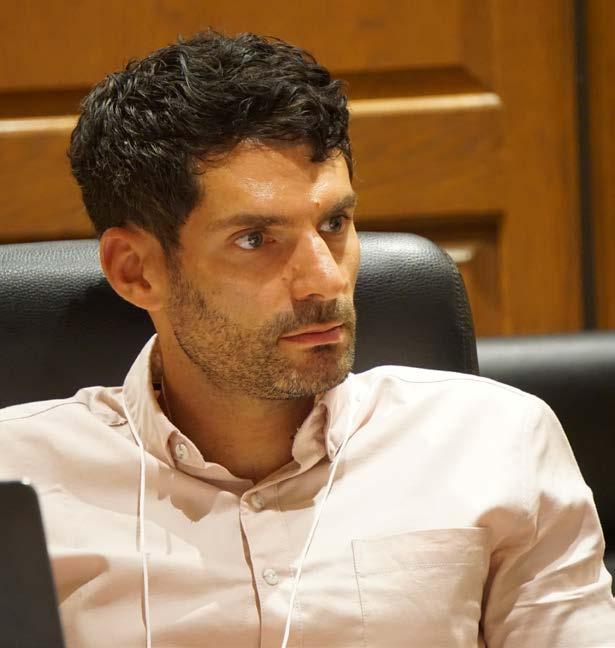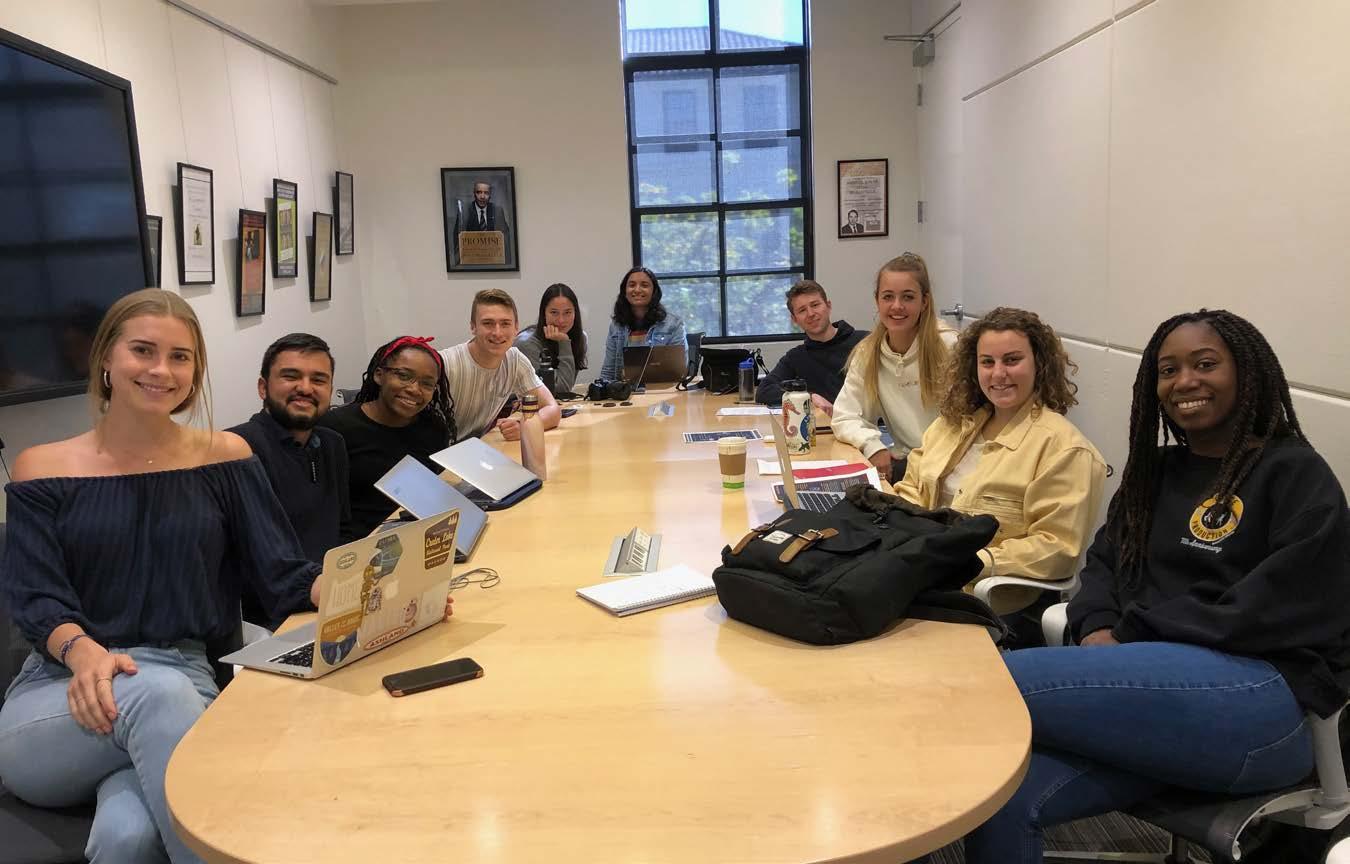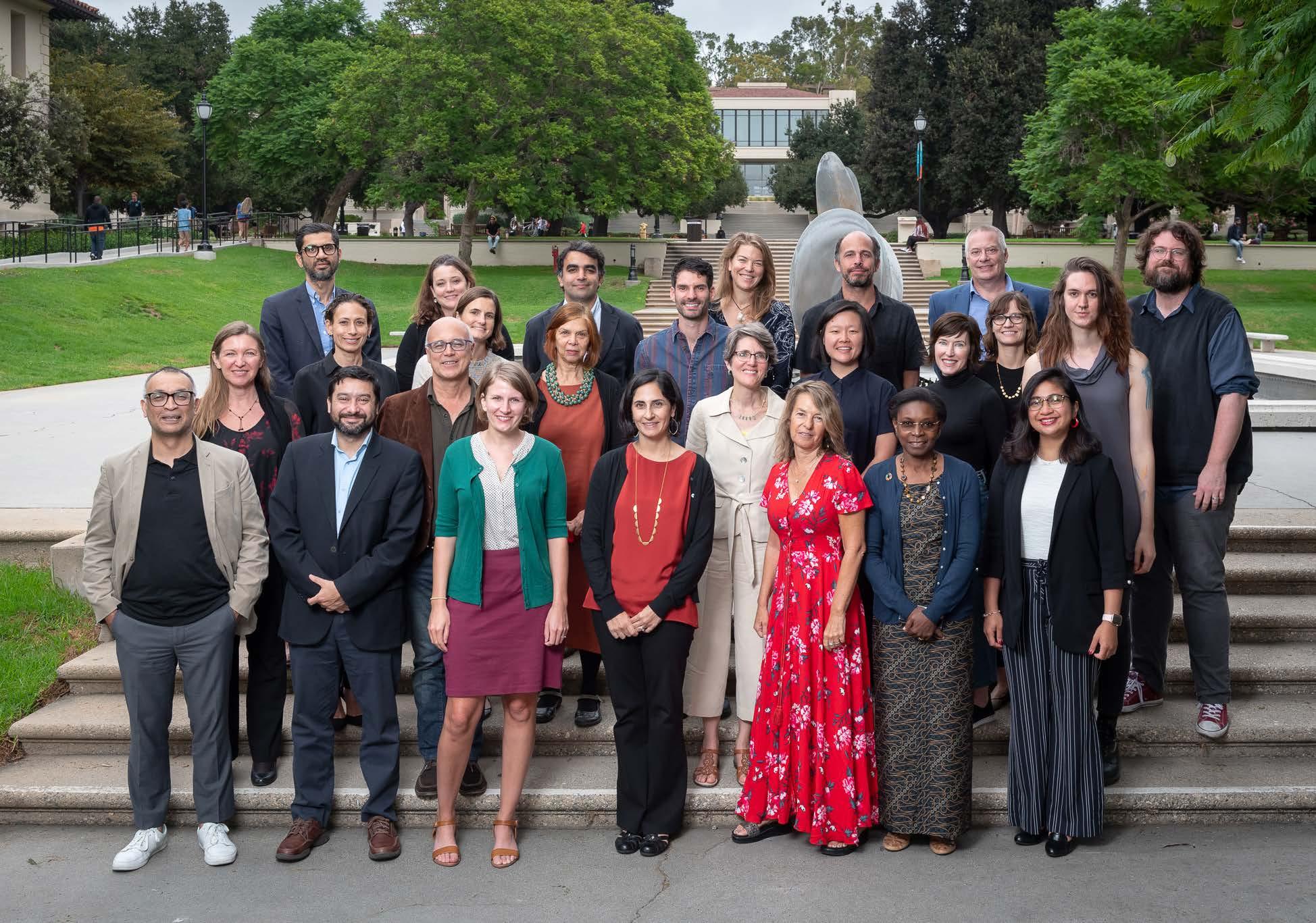
2 minute read
Young Grants for the Economics Department
In the 2019-20 academic year, the Young Initiative expanded its supportive role in advancing high quality research on global political economy at Occidental by funding the research of faculty in the Economics Department for the first time. Faculty members Kirsten Wandschneider and Diana Ngo were the first recipients of Young Grants, allowing for more impactful research on the global political economy, and encouraging collaboration between the Economics and Diplomacy and World Affairs Departments.
Diana Ngo
The Young Initiative supported Assistant Professor Diana Ngo’s ongoing research in development economics, focused on meaningfully monitoring and understanding global poverty. In joint work with Abhilasha Sahay at George Washington University, Ngo has been developing her project, “Chronic Multidimensional Poverty: A Multi-Country Study.” In it, they document the similarities and differences in the dynamics of monetary poverty and deprivations in health, living standards, and education in India, Peru, Ethiopia, and Vietnam. They also highlight the disparities between urban and rural areas and discuss how the narrative on poverty reduction and inequality differs by measure.
With the Young Initiative’s support, much of this work was done by Oxy students Jordan Walker ’21 and Wafa Abedin ’21, culminating in separate research on the effects of road-building in Vietnam and the effects of violent protests in Ethiopia. The funds also supported Ngo’s participation in the Liberal Arts Colleges Development Economics Conference at Colby College in fall 2019.
Kirsten Wandschneider
The John Parke Young Initiative on the Global Political Economy supported Professor Kirsten Wandschneider’s project titled “The SmootHawley Trade War” (in collaboration with Kris Mitchener of Santa Clara University and Kevin Hjortshøj O’Rourke of NYU Abu Dhabi). In light of the growing trade war between the United States and China, this project draws on extensive data collection of bilateral trade flows for the interwar period, and new research on the SmootHawley Tariff Act of 1930, to answer the following questions: Did Smoot-Hawley lead to a wave of retaliation? And if so, what impact did this retaliation have on U.S. exports?
The authors found that several countries protested the Smoot-Hawley tariff while others went further and retaliated: U.S. exports to these retaliating countries fell by between 12 percent and 22 percent. This effect generated substantial welfare losses and presents a cautionary tale for contemporary U.S. trade policy. The Young Initiative enabled the hiring of a student research assistant for the 2019-20 academic year to support the data collection. Wandschneider also received travel funding to present the results of this research at the LACDev-Econ History Conference in Waterville, Maine, and the Mountain West Economic History Conference in Logan, Utah.









